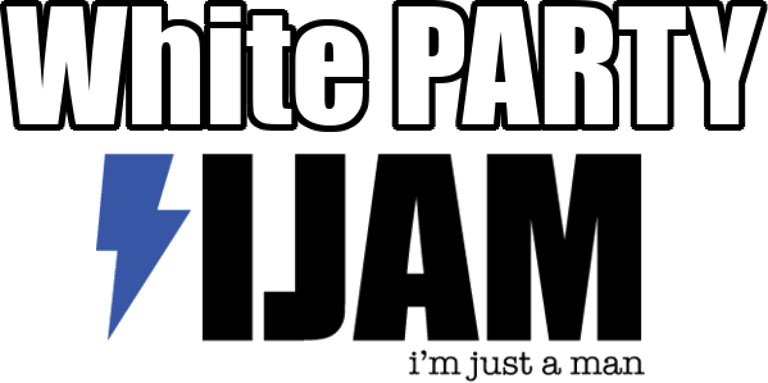Mental Health
What one may say about mental health. What type of white lie?
"I'm FINE"
Surface meaning (the white lie): It signals to others that everything is okay, avoiding further questions, concern, or attention.
Underlying meaning: The person may actually be struggling but feels uncomfortable, ashamed, or too exhausted to explain what’s really going on.
Why it’s a white lie
It protects the speaker from vulnerability (not wanting to admit sadness, anxiety, or stress).
It protects the listener from worry, awkwardness, or from feeling burdened.
It can be used as a social shortcut — instead of diving into complex or painful emotions, “I’m fine” acts as a quick shield.
Connection to mental health
Sometimes it’s harmless (just a way to end small talk politely).
But when repeated, it can mask real issues, leading to isolation or delayed support.
It reflects how stigma around mental health often pushes people to minimize or hide their struggles.
👉 In short, “I’m fine” in the context of
mental health is usually a polite white lie — not meant to deceive maliciously, but to guard one’s feelings or avoid discomfort for both parties.
"I'm JUST TIRED"
It gives a simple, socially acceptable explanation. People rarely question tiredness — everyone experiences it.
Underneath it
It can actually mean “I’m overwhelmed, anxious, or depressed, but I don’t want to talk about it.”
Fatigue often overlaps with mental health struggles — sadness, burnout, or even social exhaustion can be disguised as tiredness.
Saying “tired” avoids stigma and makes struggles sound more neutral and less “serious.”
Why it’s a white lie
Protects the speaker: hides vulnerability behind something relatable.
Protects the listener: spares them from worry or deeper conversations.
Social shortcut: it’s easier than unpacking what’s really going on.
👉 In short: “I’m just tired” can be genuine, but in the context of mental health it often acts as a gentle cover-up for feeling low, stressed, or disconnected.
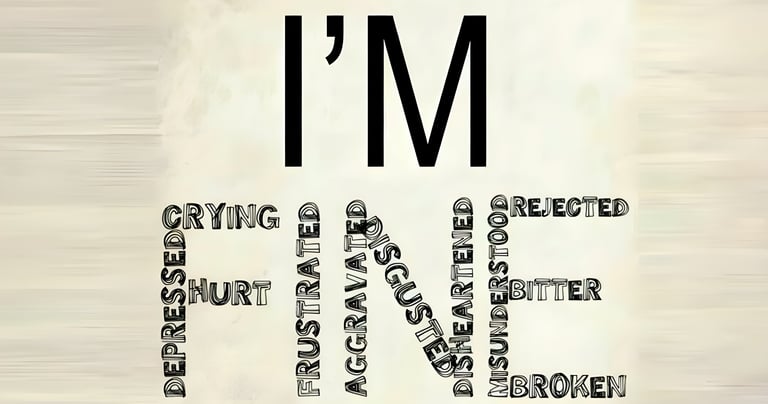

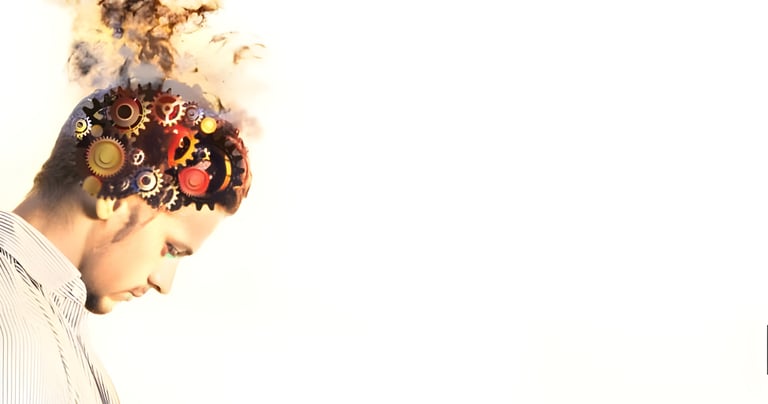

"EVERYTHING IS UNDER CONTROL"
On the surface
It reassures others that things are being managed.
It signals “no need to worry about me” or “I can handle it.”
Underneath it
The person might actually feel overwhelmed, anxious, or barely holding things together.
It can hide feelings of chaos, burnout, or helplessness.
Often said to avoid appearing weak, needy, or vulnerable.
Why it’s a white lie
Protects the speaker: preserves pride, dignity, or a sense of control (even if it’s slipping).
Protects the listener: prevents them from worrying, intervening, or prying too deeply.
Social shortcut: it’s easier to say than admitting “I’m falling apart.”
👉 So in the context of mental health, “Everything’s under control” usually means “I don’t want to show how much I’m struggling” — a polite shield, not an outright deception.
“I don’t need to talk about it.”
On the surface
Suggests the person has processed the issue or that it’s not important.
Creates distance and closes the door on further questions.
Appears as if the speaker is choosing independence and resilience.
Underneath it
Often means “I’m not ready” or “It’s too painful / exhausting to explain.”
Could signal shame, fear of being judged, or not wanting to burden others.
Sometimes reflects that the person wants to talk, but only if they feel safe and not pressured.
Why it’s a white lie
Protects the speaker: avoids vulnerability, judgment, or reopening wounds.
Protects the listener: spares them from an emotional load.
Social shortcut: ends the conversation without the awkwardness of “I can’t talk about this right now.”
👉 In the context of mental health, “I don’t need to talk about it” is usually code for the opposite — that there is something important, but it’s being hidden behind the white lie of self-sufficiency.
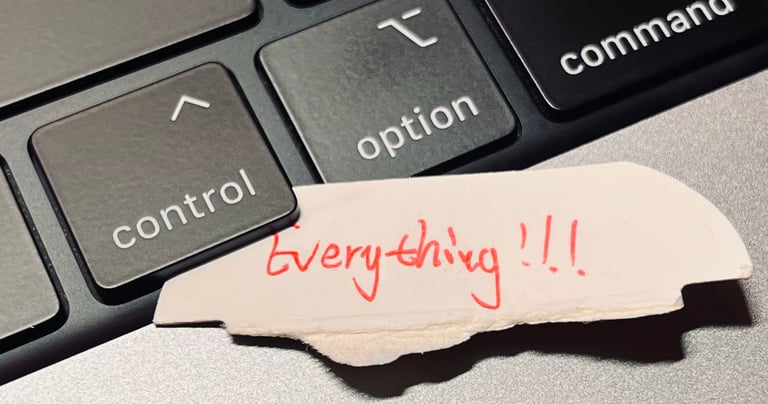

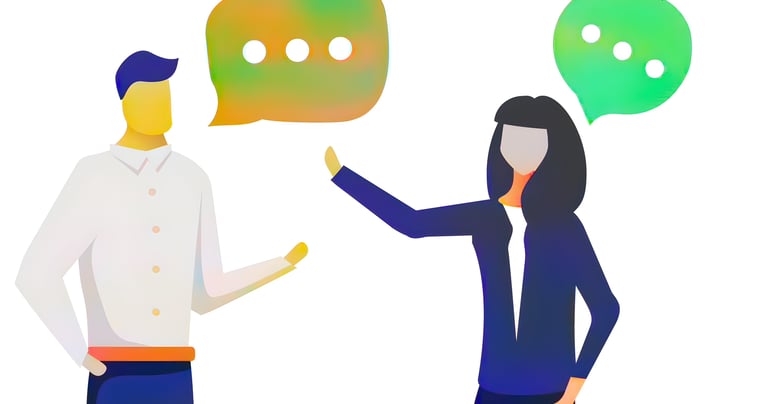

White LIES
Exploring the impact of white lies on men. Physical health. Mental health - Personal and Business
Go to Im Just A Man 9 Event - The White Party, The White Lies, Saturday 29th November
Truth
Vulnerability
+61406730911
© 2025. Im Just A Man Foundation. All rights reserved. Proudly supported and sponsored by Melbourne Chropractic and Bedding Clinic.
